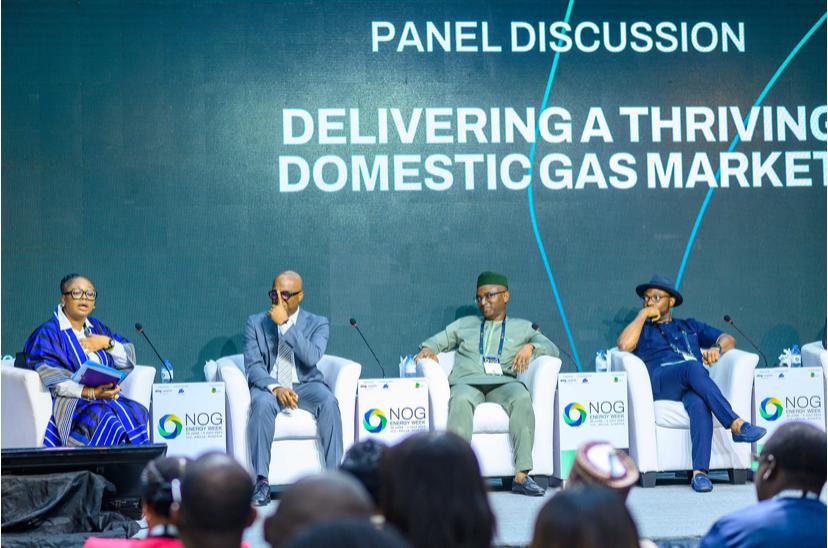2022 has been another year marked by inconsistent power supply and outages in homes and businesses across Nigeria. This year alone, the national grid has collapsed at least nine times. Based on the systems currently in place in the power industry, this situation is not likely to get better anytime soon unless something drastic is done.
The numerous grid collapses show that the system is very fragile. We do not have enough generation capacity in the first place, and the transmission network can only accommodate about 7,000 megawatts with all systems functioning efficiently. More problems arise when we look into distribution, with outdated equipment and numerous inadequacies. We will continue to see these issues until the government can fully privatise the system and the entire industry. Full privatisation will drive industry-wide efficiency as it will compel the gas producers, gas transporters, GenCos, transmission companies, pipeline companies, DisCos and other stakeholders to do business together in a productive manner.
This is not rocket science. Looking at the example of the telecom industry, MTN and several other players came into the industry after government privatisation and started building infrastructure. This made the industry bankable and now they are thriving. We need to apply the same approach to the electricity industry.
If the government can privatise the sector, it should also function as a regulator and relax existing regulations in order to attract investments. With the present systems, the bureaucracy of getting licences is overly complicated and inefficient. Entities should be able to acquire a generating licence, as long as they meet the basic criteria of being a power generator, power distributor, or power transporter.
Electricity demand is set to rise significantly in the coming years. The household share (the largest share) will grow due to increasing urbanisation (at a rate of 4.23% per annum) and population growth (estimated at 2.7%, more than double the global average). Industrial and commercial power demands are also expected to increase as the Nigerian economy slowly recovers.
Presently, Century Power Generation is not producing electricity as our focus is generating baseload for the grid. With this strategy, we are working to increase the amount of power that can go on the grid to stabilise it. The quick-fix strategy of getting 2 megawatts here and 5 megawatts there has clearly not worked. We need to invest in robust infrastructure to get power to wherever it is needed across the country. Over the past few years, we have worked with the government to help streamline regulations and figure out the best way to tackle the crisis
In the short term, we are still pushing to have our power purchase agreement signed and executed by the government. We’re also working on utility-scale plants to supply directly to industrial clusters and DisCos. We’re working to create an industry that would be economically viable to all stakeholders. In the long run, we are building Century Power Generation into one of the major power producers in Nigeria and beyond.
Whoever comes out on top in the forthcoming presidential elections will have their work cut out for them. The new administration needs to treat the power industry as an emergency, remove all the red tape and give stakeholders the capacity to do what it takes to revitalise the industry. We do not need any more consultations, committees or experts to tell us what to do; as we already have the blueprint. The president will need to remove the government’s fingers from every part of the industry, from generation to distribution, and reduce regulations that are barring new entrants from coming into the industry. Even when we copy regulations and processes from other countries, we need to modify them enough to address local realities. There needs to be room for a proper business.
–
Dr Chukwueloka Umeh
Chief Executive Officer, Century Power Generation. Executive Director, Nestoil






